“Hand in hand – Aviagen, welfare and sustainability”
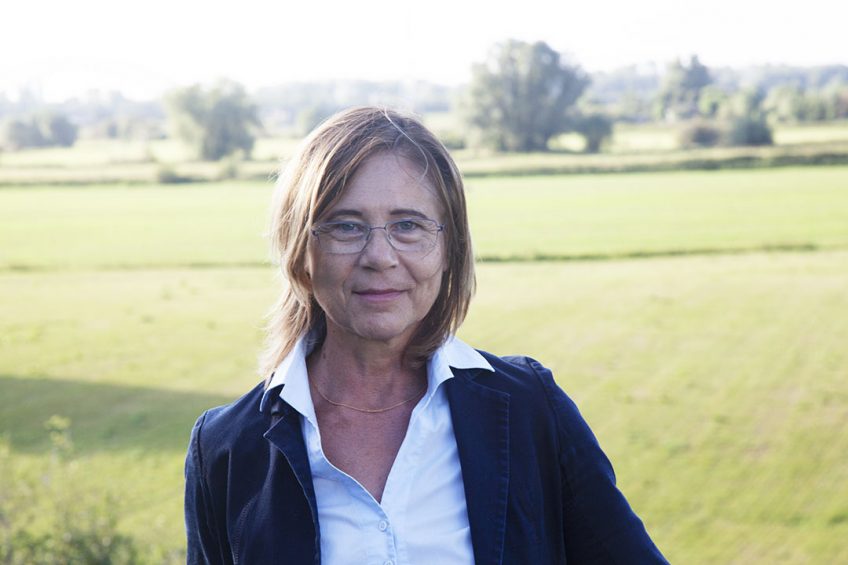
Aviagen is committed to bird welfare, which is a cornerstone of the three Pillars of Sustainability. Global Vice President of Welfare & Compliance Anne-Marie Neeteson is the company’s chief welfare advocate. Here she shares her passionate view of the importance of welfare to Aviagen and to the future of the global poultry industry.
What is the importance of welfare and sustainability to the poultry industry? How are they connected?
“If I were to name what I feel to be the most important contributor to sustainable meat production it would be animal welfare. Healthy animals are more biologically efficient, which is good for the environment and the economic sustainability of producers. They are more resistant to disease, their liveability is strong, and they perform better. This all strengthens the ability of farmers to put food on the tables of families in their growing communities throughout the world.”
What are Aviagen’s values of welfare and sustainability?
“Our company believes in and upholds the internationally accepted “Five Freedoms” as the ideal state to strive for. Our birds are provided with fresh water, feed, careful handling, health care and an environment that meet their unique needs. We also live and breathe three fundamentals of animal husbandry – responsible handling, skilful flock management and thorough training. We hire people with a passion for poultry and make sure they have the know-how to give our birds the best-possible care.”
What is the importance of welfare for Aviagen?
“For Aviagen, welfare and sustainability are inseparable, and we strive toward continuous improvement through our balanced approach to breeding. Our breeding goal includes a wide range of welfare-focused traits which leads to improvements for future generations. For our staff welfare is not an extra, it is an intrinsic part of their everyday work.”
How does Aviagen incorporate welfare in its ethos and day-to-day operations?
“Aviagen people on farms and hatcheries around the globe have a special bond with the birds and are passionate about their health and wellbeing. Ours is also a culture of accountability, and many of our employees are trained welfare auditors. So, alongside periodic external audits, these dedicated people regularly check in on the birds and make sure they are thriving.”

Could you talk about the three Pillars of Sustainability, giving examples of Aviagen’s contribution to each pillar?
“Aviagen is committed to the principles of the Environmental, Economic and Social pillars, which are deep seated in each and every aspect of our business.”
Environmental: “Chicken is a livestock species with a very low environmental footprint. Aviagen has worked for decades to breed efficiencies which contribute to making commercial chicken production environmentally sustainable. We are most proud of our contribution to improvements in feed conversion ratio (FCR) which is the amount of feed required per unit of live weight. FCR is the main driver of carbon footprint in livestock production and improving it provides a crescendo of environmental benefits: a reduction in waste that could pollute the environment, shrinking of our footprint of farmland to grow the feed, cutting of fuel consumption for transportation, and more. In the end, we use less of everything to produce each kilo of meat, and that’s what our world needs to protect our planet.”
Economic: “It is so interesting to work for a primary breeder and see the downstream benefits to the entire value chain. Our improvements in FCR cut down on feed costs. That, coupled with the relatively low start-up costs for a poultry business, strengthens the economic value proposition for chicken production.
We also help producers by maintaining a diverse gene pool, which allows us to have a diverse portfolio with the right bird for the right market. In other words, our customers can choose a bird that will thrive in a range of climate and economic conditions throughout the world, while also offering variety to consumers. These advantages are not only for today, but tomorrow as well, as we work closely with our customers to keep in tune with changing consumer preferences.
And then, we share knowledge and insight to optimise performance, health and welfare through our customer service teams, specialists, global schools, seminars and workshops (which during Covid times have taken the form of webinars and virtual events), as well as a library of tools: management essentials, how-to’s, hatchery tips, and other literature that is downloadable from our web site.”
Social: “Chicken is by nature a “social” meat, widely accepted and lacking any negative religious or cultural connotations. It is readily available and contains the right balance of amino acids, making it important for children, pregnant women, and elderly people alike. Likewise, Aviagen is a responsible company that truly cares about people – our employees, our customers, the wider industry, citizens of communities in which we do business, and others. Our people embody the goals of sustainability, not only in their jobs but in giving back to their communities.”
What is Aviagen doing to support the UN SDGs prioritised by the IPC?
“Of the 17 UN Sustainable Development Goals (SDGs), the International Poultry Council has prioritised 5 where the poultry industry can make a clear difference: Zero hunger (SDG2); Good Health (SDG3); Quality Education (SDG4); Industry, innovation and infrastructure (SDG9); and Climate Action (SDG13).
To ensure we are breeding for welfare and sustainability, Aviagen puts into practice our Top 5 commitments that directly relate to these 5 SDGs. If we look at the UN’s goal of Zero Hunger, which is the essence of our first commitment: Health, food safety and food security. Our breeding programme selects birds that have the best health status. Bird health and food safety are protected by rigorous biosecurity that guides everyone and everything that comes in contact with our birds. To strengthen food security, we created local production facilities that are close to our key markets, and have parallel breeding programmes and supply bases on multiple continents.”

What is your view on future challenges and how the poultry industry will overcome them?
“I see a few challenges that, through a spirit of collaboration, transparency and communication, we can rise above. One is to bridge the gap between public perception and the reality of poultry production. People want to feel comfortable that meat is produced in the right way. Our bird welfare is excellent and we are always looking to improve; it is key we continue to provide the information and reach out so that people see and understand. Another reality is that the world is constantly changing. We have to stay in tune with the market and be ready, as it takes years to develop bird traits and then another four years to multiply them from the higher generations.
And finally, our sustainability as an industry depends on our ability to attract bright young minds with a passion for poultry. They are our future, and we can show them that poultry offers exciting careers. Plus, they are making a difference by helping to feed the world. What could be more fulfilling than that?”
Author:
Aviagen
Join 31,000+ subscribers
Subscribe to our newsletter to stay updated about all the need-to-know content in the poultry sector, three times a week. Beheer
Beheer

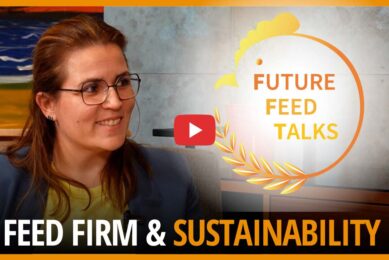
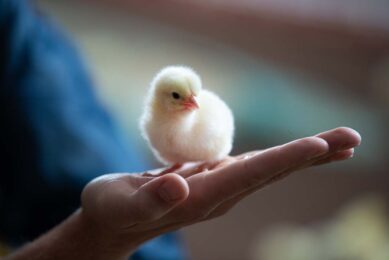
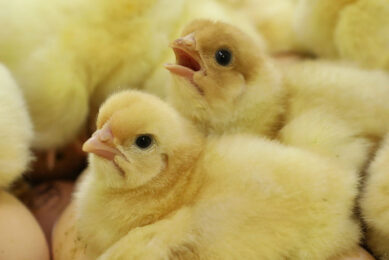
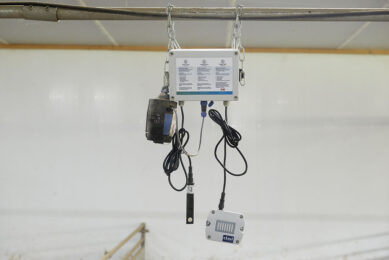
 WP Admin
WP Admin  Bewerk bericht
Bewerk bericht